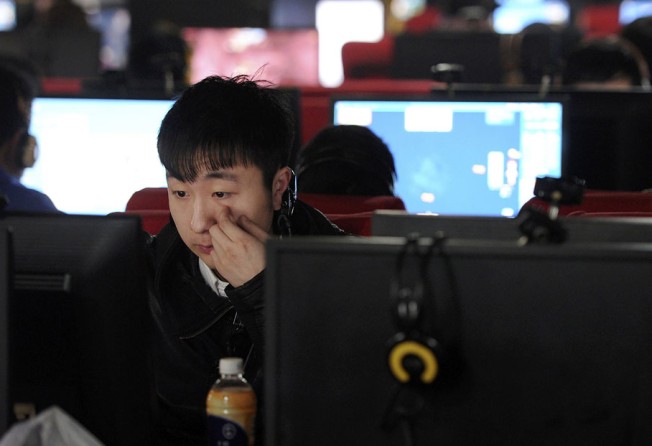New ruling brings harsher penalities for online rumours

Gone may be the days when sensational stories set the mainland's internet abuzz with cuddly sounding characters named "Brother Watch" or "Uncle House".
Over the past year, online revelations of officials sporting deluxe watches or owning multiple properties led to a series of corruption probes and brought down a number of low-tier bureaucrats. But a recent legal interpretation may tone things down.
On September 9, the Supreme People's Court and the Supreme People's Procuratorate released a joint statement giving a new interpretation on what constituted "online rumours".
The move came after the Ministry of Public Security announced on August 21 that "cyberspace was another type of public forum", a definition seen to be paving the way for applying existing criminal law to cyberspace.
Rumour-mongering has always been illegal. The Criminal Law bans "serious" defamation. The Law on Public Security Administration Punishments, enacted in 2006, punishes people who spread falsehoods with five to 10 days' imprisonment and a fine of up to 500 yuan (HK$631).
The new interpretation, targeting rumours as well as trouble-making, extortion and illegal business operations through cyberspace, gives rise to far harsher penalties. For one, anybody whose rumours are "viewed by at least 5,000 internet users or retweeted 500 times or more" are deemed serious offenders and face defamation charges punishable by up to three years in prison.
At issue is what constitutes serious defamation and a "serious threat to social order and national interests" under articles 246(1) and (2) of the Criminal Law. Under the new interpretation, the latter offence now covers a range of situations caused by online rumours, including mass movements, social chaos, ethnic or religious conflicts, damage to national image and adverse international effects on the country.
Instead of clarifying the term "serious", the pronouncement appears to substantially lower the qualifying threshold of a serious offence.
Equally disturbing is what professor Tong Zhiwei , of Shanghai's East China University of Political Science and Law, describes as the authorities' fiddling with words, and the expansion from "public space" to "public sphere".
With the new interpretation, posting a comment online is treated in the same way as if one has taken to the streets - as long as public impact follows. No wonder it is regarded as a "revision" rather than an interpretation of the law.
If so, the matter may be even more problematic. Under articles 62 and 67 of the Chinese Constitution, only the National People's Congress and its Standing Committee have the power to amend the law. Hence, the "joint effort" by the mainland's top court and prosecutor is, according to Zhejiang-based lawyer Wang Cheng , unconstitutional. Whatever the legal quandary, the move is having a chilling effect on cyberspace. On September 17, a Gansu teenager became the first to be detained on charges of "picking a quarrel and provoking trouble" under the reinterpreted law, after posting criticism of the police's handling of the death of a karaoke bar manager.
But his fate was widely circulated on the web and he was released after a week. Could this be a sign that the mainland's internet is not yet muffled?
Dr Karen Lee is an assistant professor with the Institute of Education's Department of Social Sciences